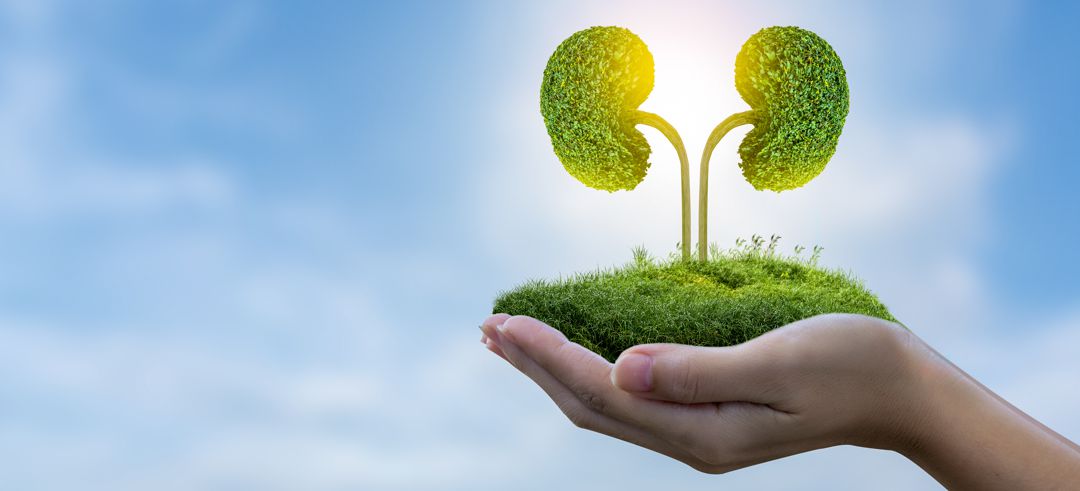
 Passing a kidney stone is believed to be one of the most painful experiences a person can have. It’s also pretty common, particularly in the Stone Belt of the United States, with more than one in 10 people developing a kidney stone over the course of their life.
Passing a kidney stone is believed to be one of the most painful experiences a person can have. It’s also pretty common, particularly in the Stone Belt of the United States, with more than one in 10 people developing a kidney stone over the course of their life.
The bad news is people who pass one stone have a greater chance of developing another. But there is some good news – you can take actions to prevent developing or having recurring kidney stones.
“Nobody wants to go through that pain again,” said Dr. Mohammed Sikder, nephrologist, Tucson Medical Center. “Fortunately, there are lifestyle changes you can make to prevent kidney stones from developing. Without making these changes, stones can, and probably will, come back.”
Drink lots of water
This is especially important if you sweat a lot, whether from exercise or from heat. That’s because the more you sweat the less you urinate, which allows for stone-causing minerals to precipitate and settle in the kidneys and urinary tract.
“For those with a history of kidney stones, doctors usually recommend drinking enough fluids to pass more than two liters of urine a day,” Dr. Sikder said. “Since it gets so hot here during the summer, you may need to drink even more water, approximately 64 ounces a day. If your urine is light and clear, you’re probably drinking enough water.”
Eat fewer oxalate-rich foods
Oxalate is a natural substance found in many foods that your body uses for energy and nutrition. Once your body uses what it needs, waste products travel through the bloodstream to the kidneys and are removed through urine. When there is too much waste and not enough liquid in the urine, crystals form that can stick together and form kidney stones.
If you tend to form calcium oxalate stones, your doctor may recommend eating less foods rich in oxalates such as rhubarb, beets, okra, spinach, Swiss chard, sweet potatoes, nuts, tea, chocolate, black pepper and soy products.
Reduce sodium and animal protein
Don’t eat as much salt. Try a salt substitute such as Mrs. Dash instead. Also, increase plant-based protein in your diet. Red meat, organ meats and shellfish can lead to a higher concentration of uric acid in your body, making it easier for uric acid stones to form.
Eat calcium-rich foods, but be careful about calcium supplements
Calcium found in foods does not increase your risk of developing kidney stones. However, calcium supplements have been linked to kidney stones. Ask your doctor for a referral to a dietitian who can help you develop an eating plan that helps reduce your risk of kidney stones.
Take medications as prescribed
Some medications can control the amount of minerals and salts in the urine and may be helpful to people who form certain kinds of stones by making them more soluble in the urine. It is important to take medications as prescribed by your doctor.